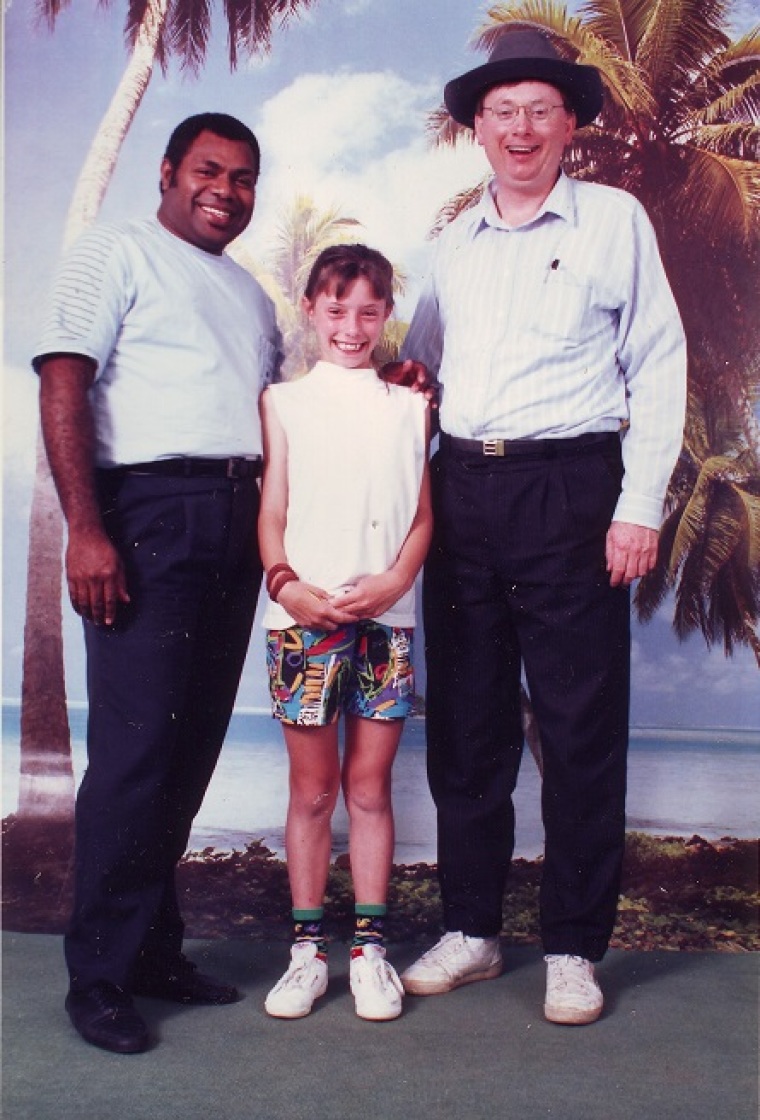
Well-Being Australia chairman Mark Tronson, a Baptist minister says that there are times when 'things happen' unexpectedly and someone gets caught up in an event that had nothing to do with them, but on the most part, those Australian who get caught know exactly what they were up to.
It is in both situations that the Banged up Abroad program entertains. There are programs that show unsuspecting travellers need to find substantial fees (otherwise known as bribes) to be freed and flee the country.
http://natgeotv.com.au/programmes/Intro.aspx?Id=1140
Wikipedia describes the first series (2006) as follows: Banged Up Abroad (rebadged as Locked Up Abroad for the National Geographic Channel and Jailed Abroad in India) is a British documentary/docudrama television series that was produced for Channel Five and that premiered in March 2006. Banged Up Abroad features stories of people who have been arrested while travelling abroad, usually for trying to smuggle illegal drugs out of a particular country and have received lengthy prison sentences as a result. Among the stories to have been told is that of British woman Sandra Gregory, who spent several years in the Klong Prem Central Prison after being convicted of trying to smuggle heroin out of Thailand. (The latest series was produced in 2009).
http://en.wikipedia.org/wiki/Banged_Up_Abroad
The Schapelle Corby case is a warning to all young Australians as are the Bali Nine, case after case comes up. The money and emotional costs to parents and family members are beyond the imagination.
http://en.wikipedia.org/wiki/Schapelle_Corby
These are only the most recent of many cases, some of which in the past have resulted in Australians being executed in other countries.
And it is not only in Asia, which brings a sense of the 'foreign and exotic'. Mark Tronson has now read a report of another case, from Canada. It goes on and on. And legal costs are always expensive – more so in another country where the relatives may not be familiar with the intricacies of the legal system.
http://www.smh.com.au/world/australian-accused-of-sex-assault-on-girl-14-20100406-rnoe.html
The Government sends warnings. Parents and loved ones send warnings. What therefore, is the appeal to young people to take such risks as drug running, or committing crimes or getting involved in the 'wrong crowd'?
M V Tronson suggests three areas for consideration.
First, many young people are naïve and miss the tell-tale signs that their new friend/s are 'street wise' and will leave them holding the baby at the first sign of trouble. Just as children are taught never to talk to strangers, young people travelling need the same warnings pumped into their hearts over and over again.
Second, young people need to realise that the Australian embassy officials are your best contacts. If you suspect something is going down, and somehow you've been caught up in it, get hold of your Embassy official and reveal all. They will know which local officials can deal with such situations. In fact, before they embark on their overseas adventure, all Australians are urged by the Government to register their intended itinerary (however vague) with the Department of Foreign Affairs and Trade, on their smarttraveller website at https://www.orao.dfat.gov.au/
Third, young people should contact their parents regularly, the instant communication media now makes this so much easier. Then the families at home will know if something is amiss and can in turn contact local Police, their Members of Parliament and the major city media, that something is not quite right, that the Australian Embassy is involved and put pressure on our Australian officials to get cracking and protect their son or daughter. Local publicity can be a powerful tool in your favour.
None of this is rocket science, but it is frightening if your young person feels all alone in a strange country and under pressure, maybe even in fear of their life. It is certainly no laughing matter.